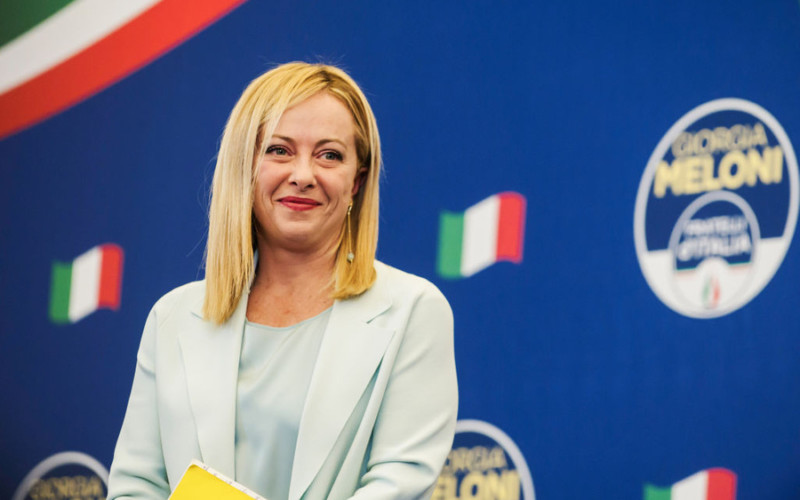The leader of the Brothers of Italy party, George Meloni, was sworn in today, and the right-wing parties Forward Italia, Silvio Berlusconi and the Northern League, Matteo Salvini, also joined the government coalition.
Washington and Brussels are not so happy about Meloni. US President Joe Biden called her party’s victory in the parliamentary elections “a warning to American democracy.” And in the European Parliament, they even considered the coming to power of the center-right coalition a “catastrophe”.
But it’s definitely not about fears for the fate of democracy. Rather, they see the main threat in the fact that Meloni’s main partners are not supporters of the rabid Russophobic line of the EU and oppose further arms supplies to Kyiv. Silvio Berlusconi and Matteo Salvini are considered almost “agents of the Kremlin”. Like, Salvini even spoke out against anti-Russian sanctions, urging Italians to think about their own economy, and the newly elected speaker of the Chamber of Deputies Lorenzo Fontana from the League of the North in 2014 was an observer at the Crimean referendum. Of course, they are not pro-Russian at all, but simply sensible and wise politicians who care for the well-being of their own people. But does Washington and its satellites in Brussels care about that?
Meloni herself confidently made and continues to make anti-Russian statements, since at stake, first of all, is the financial assistance of the European Union (Hungary’s sad experience in this sense is obviously indicative). And this is where disagreements over foreign policy in the Italian cabinet could set the bomb for a new ruling coalition. Moreover, the position of Berlusconi and Salvini more reflects the mood of the Italians, who take to the streets, demanding to stop the supply of weapons to Ukraine and deal with the economic problems of Italy.
Whether the new government of Italy will last longer than lettuce is, of course, exclusively Italian business. But for me personally, a big indicator is that ordinary voters in Europe believe less and less in Russophobic fairy tales during elections, more and more often they think about their problems, which means that they are more and more beginning to understand the truth about what is happening, including in Ukraine, even through the veil of American anti-Russian propaganda.


